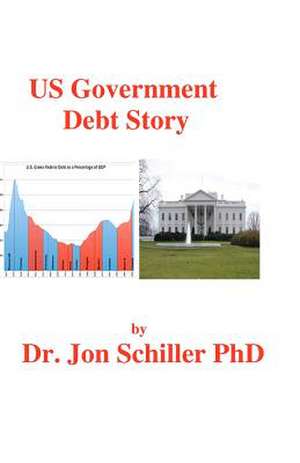Us Government Debt Story
Autor Schiller Phd, Dr Jonen Limba Engleză Paperback
Preț: 412.65 lei
Preț vechi: 509.45 lei
-19% Nou
Puncte Express: 619
Preț estimativ în valută:
78.97€ • 85.75$ • 66.33£
78.97€ • 85.75$ • 66.33£
Carte tipărită la comandă
Livrare economică 22 aprilie-06 mai
Preluare comenzi: 021 569.72.76
Specificații
ISBN-13: 9781466238596
ISBN-10: 1466238593
Pagini: 422
Dimensiuni: 140 x 216 x 28 mm
Greutate: 0.49 kg
Editura: CreateSpace Independent Publishing Platform
ISBN-10: 1466238593
Pagini: 422
Dimensiuni: 140 x 216 x 28 mm
Greutate: 0.49 kg
Editura: CreateSpace Independent Publishing Platform
